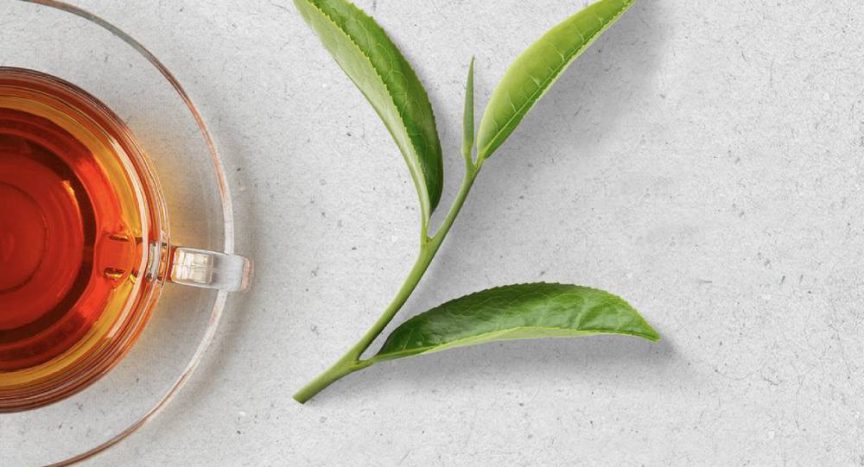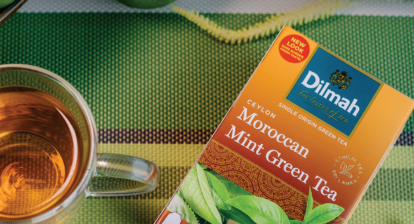There are many health benefits that are talked about in relation to tea consumption. However, one that is spoken of less frequently is the link between tea and oral health. Let’s take a look at two ways in which tea consumption may be beneficial to reducing tooth decay.
Enamel Reinforcement
Tea is a source of dietary fluoride, with one cup of tea typically containing between 0.14-0.34 mg of fluoride. As per the National Institutes of Health (NIH), the recommended daily dosage of fluoride is 3mg for adult females, and 4mg for adult males. Now, brace yourself for a bit of biochemistry.
The enamel layer of our teeth naturally contains a compound called calcium hydroxyapatite (Ca10(PO4)6(OH)2). When we consume tea, our teeth encounter fluoride ions present in tea, resulting in the formation of a compound called calcium fluorapatite (Ca10(PO4)6F2). This calcium fluorapatite is more resistant to acids than calcium hydroxyapatite, thereby making teeth more resistant to decay.
For any science buffs out there, here is the formula for the chemical reaction that takes place:

Control of Oral Microbial Population
It’s always a good idea to wash a meal down with a cup of green tea – and not just for its digestive benefits. Green tea has been found to have the same effect as chlorhexidine, a compound found in mouthwash liquids. Chlorhexidine helps to control the population of Streptococcus mutans, which is the most common cavity-forming bacteria found in the mouth. Hence, swirling a bit of green tea around your mouth after consumption of food might indeed help to reduce or prevent the incidence of dental cavities in the long run.
It is important to note here that these benefits can only be acquired from high-quality tea, produced using only the tender leaves and bud from the shoot. This is how Dilmah Ceylon tea is produced – handpicked, processed and packed in the age-old way, all at source to maintain the freshness and goodness of the tea.
In countries where tea leaves are harvested by machine and older leaves are also processed, the resulting lower-quality “brick tea” contains higher-than-ideal levels of fluoride. Excessive fluoride consumption could potentially lead to complications such as dental and skeletal fluorosis.








